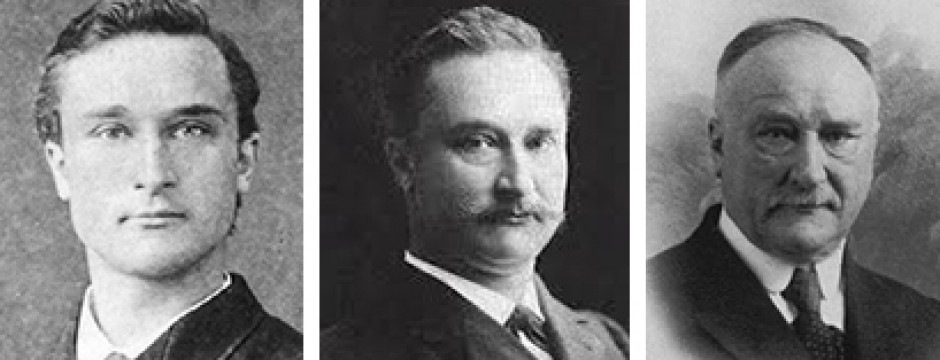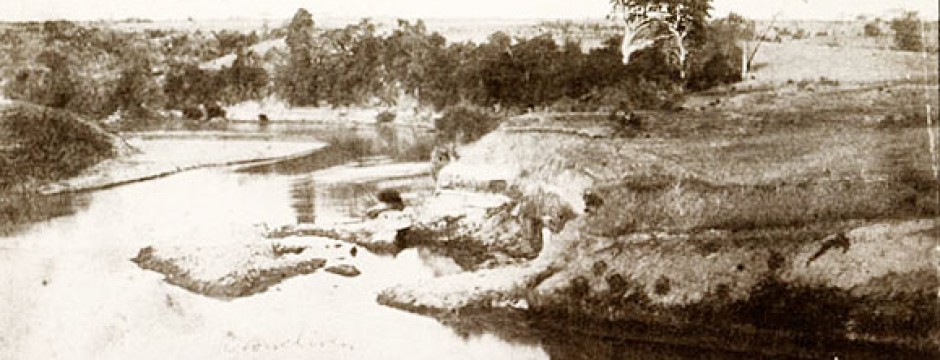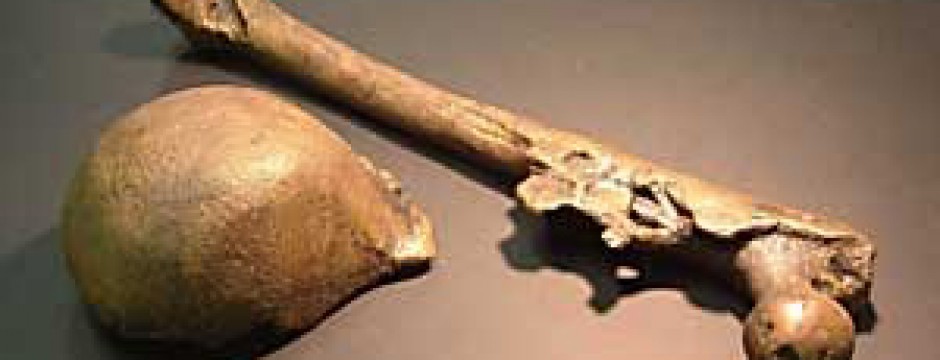ENGLISH | NEDERLANDS
Eugène Dubois



The Eugène Dubois Foundation was established to bring greater renown to the versatile Dutch scientist Eugène Dubois (Eijsden, 1859-Venlo, 1840). After his medical training, Dubois carried out anatomical research on the evolution of the brain. He followed this with extensive palaeontological fieldwork in the region that is Indonesia today.
Dubois then became professor of geology, palaeontology and mineralogy at the University of Amsterdam and curator of his own vast fossil collection (about 40,000 specimens) at Teylers Museum in Haarlem. Later in his life, he returned to Middle-Limburg (Haelen) and focussed on ecology and paleo-ecology.
Dubois became world famous in the late 19th century with his discovery of fossils from a human ancestor, which he named Pithecanthropus erectus, also known as ‘Java Man’, the so-called missing link in the evolutionary line of humankind. The fossilised remains of the prehistoric human — a skullcap, a femur and a tooth — are 700,000 to 1 million years old. The species has since been renamed Homo erectus.
Dubois’ discovery is considered to have launched a whole new field of science, paleoanthropology. It has also had an enormous effect on the popular perception of human evolution and the relationship between humans and animals.
Contact
Eugène Dubois Foundation
St Jozefstraat 45
6245 LL Eijsden
the Netherlands
Telephone number: 043-4072307
Email: stichtingeugenedubois@gmail.com
St Jozefstraat 45
6245 LL Eijsden
the Netherlands
Telephone number: 043-4072307
Email: stichtingeugenedubois@gmail.com
Search










